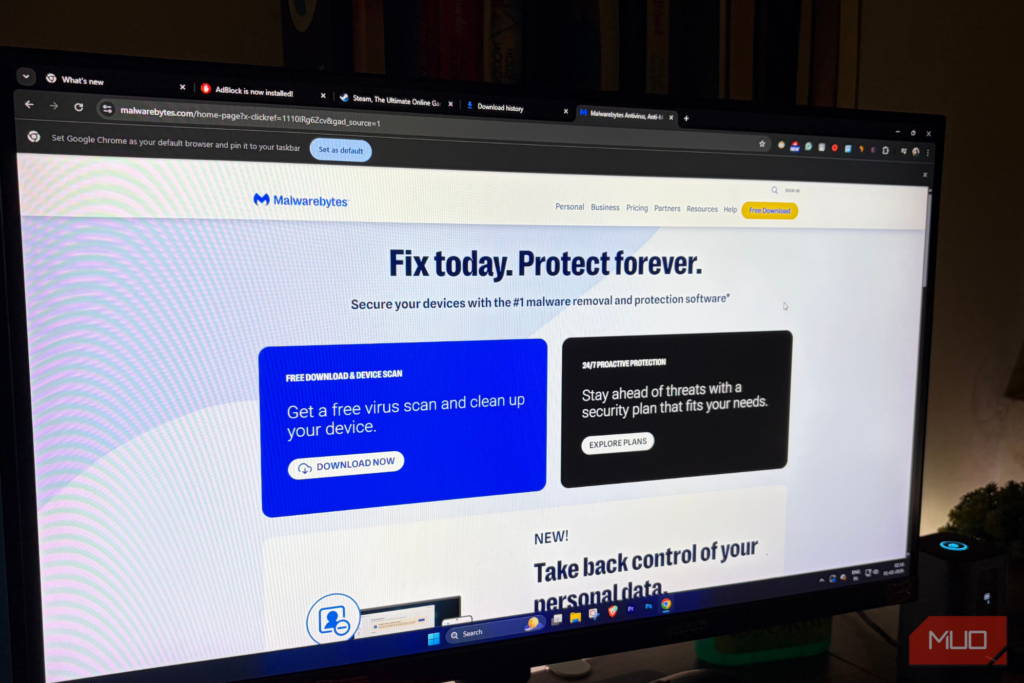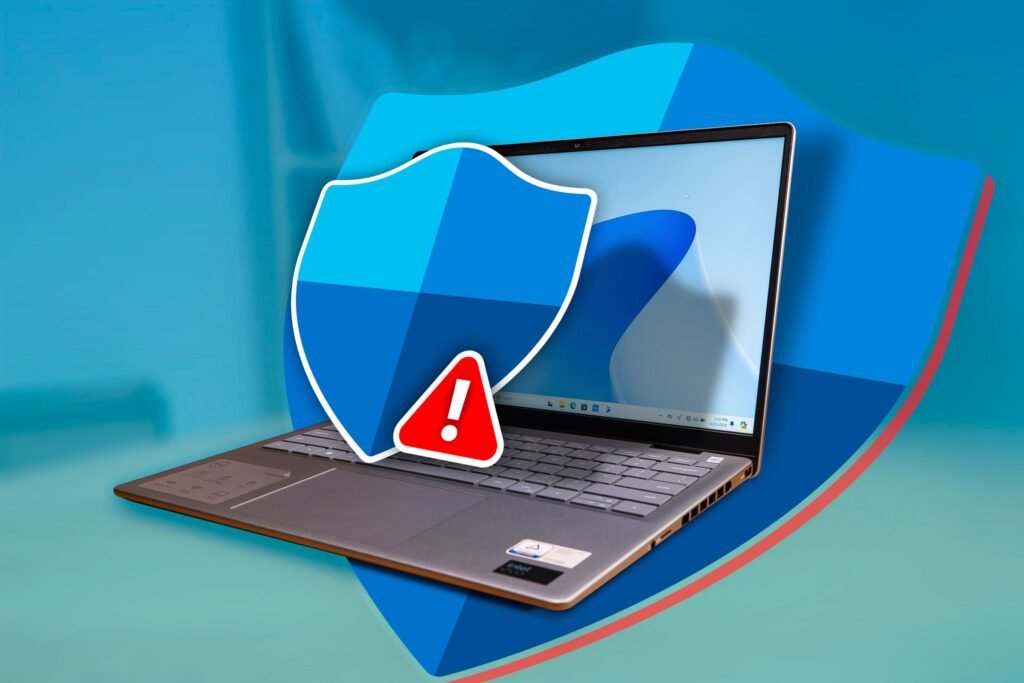Dr.Web Security Space
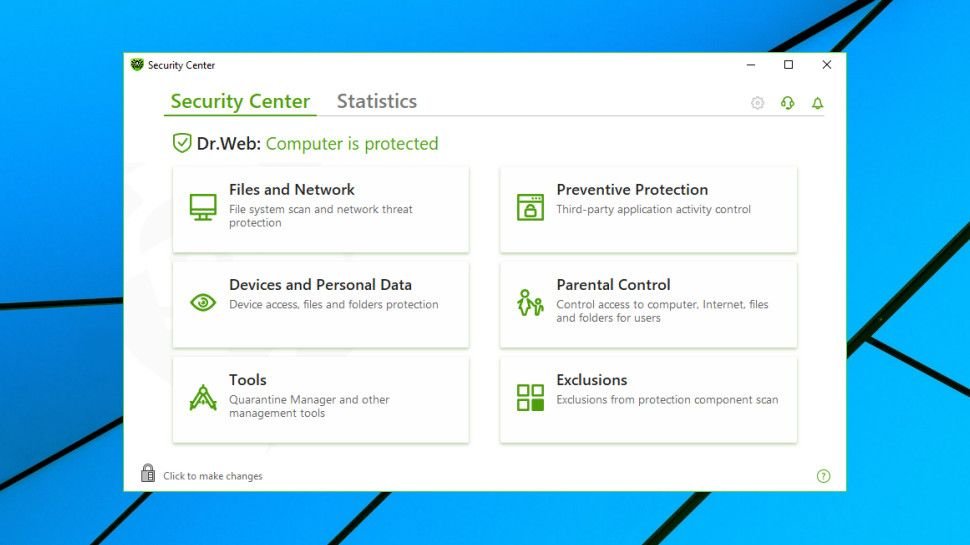
Founded back in 1992, Dr.Web is a Russian developer with a vast range of security products for desktops and mobile devices.
Dr.Web Secure Space is a security suite which includes antivirus, URL filtering, a firewall, spam filter, parental controls and more.
The latest edition adds Dr.Web ShellGuard, which the company describes as ‘enhanced Dr.Web process heuristic technology’ which ‘protects against attacks involving zero-day exploits.’
The ShellGuard description on the ‘New Features’ page doesn’t give a detailed explanation of the technology, but from what we can see, it doesn’t appear to be anything revolutionary.
For instance, it apparently detects threats based on reputation information on the cloud – files that are 100% clean, digital signatures of known threats and so on – which many vendors have been doing for years.
- You can sign up for Dr.Web Security Space here
Pricing can be as low as €14 (£12.64, $16.05) for a one PC/Mac, one-year license, if you opt for no technical support. If that’s a step too far, the with-support price doubles to €28 (£25.28, $32.10). Both options offer deep discounting if you add more users and extend the term. For example, a three device, three-year license with tech support costs €98 (£88.50, $112.35).
These are decent prices for a full security suite, but the company doesn’t stop there. Dr.Web also offers some impressive discounts on renewal, starting at 40% off the regular price. Long-term customers could save a lot of cash.
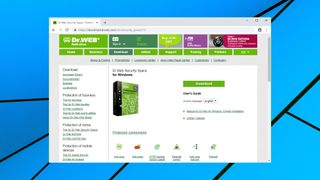
Setup
Dr.Web Security Space is available in trial form, in theory giving you a generous three months for free if you register. However, the company makes this more difficult than usual – we had to hand over our email address, complete a CAPTCHA, receive an email, click a link, provide our name and country, subscribe to Dr.Web emails and complete another CAPTCHA. But finally, we got a real download link, and were able to grab and install the program.
We rebooted, as prompted, and watched as the firewall asked us to create new rules for just about every internet call made on our system, even from well-known and entirely safe services such as Dashlane and BackBlaze.
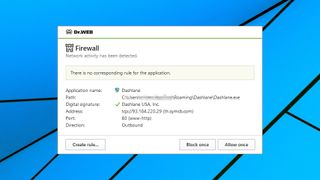
You only have to do this once per application and connection type (and there are other firewall modes, if you can find them), but it’s still a major hassle. We much prefer more modern and intelligent firewalls from providers such as Bitdefender, Kaspersky and Symantec, which are smart enough to make most decisions entirely on their own.
We browsed the Dr.Web installation and found more than 1GB of files, including signature databases. The package also added no less than five background processes, grabbing close to 500MB RAM. That’s more than most of the competition, but we didn’t find Dr.Web made any noticeable difference to our system performance.
It’s impo
Be the first to write a comment.
